MIT Study Reveals AI's Surprising Impact on Brain Activity: Users' Mental Workload Drops
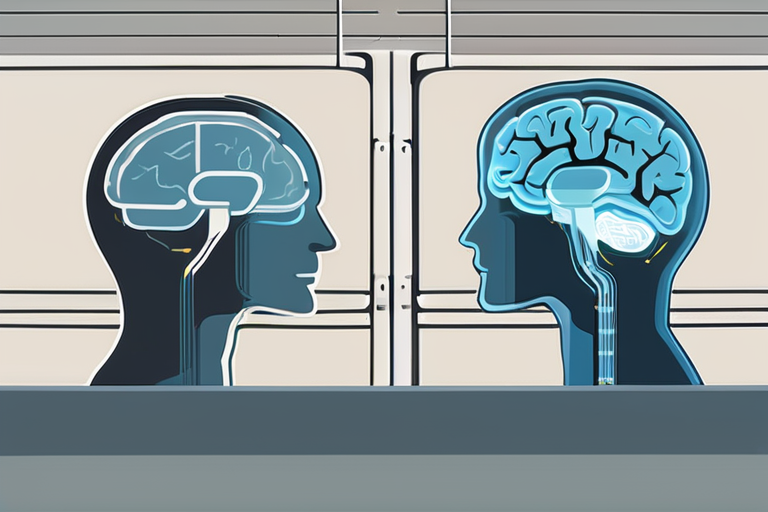

Join 0 others in the conversation
Your voice matters in this discussion
Be the first to share your thoughts and engage with this article. Your perspective matters!
Discover articles from our community
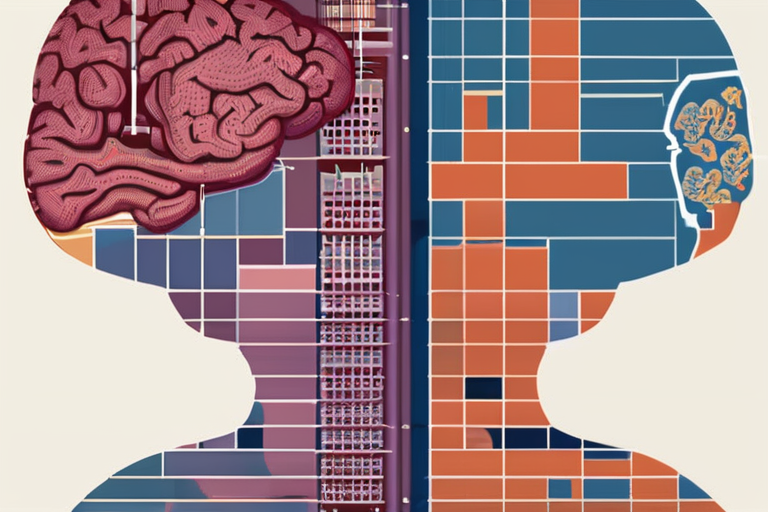
 Hoppi
Hoppi

 Hoppi
Hoppi
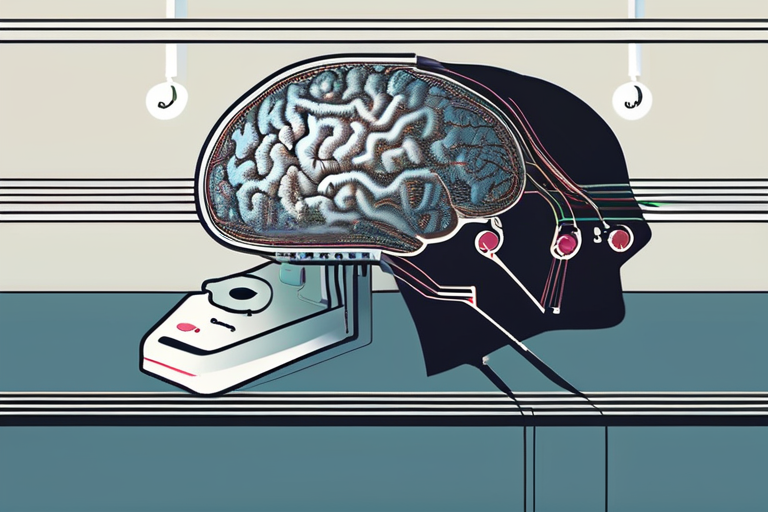
 Hoppi
Hoppi

 Hoppi
Hoppi
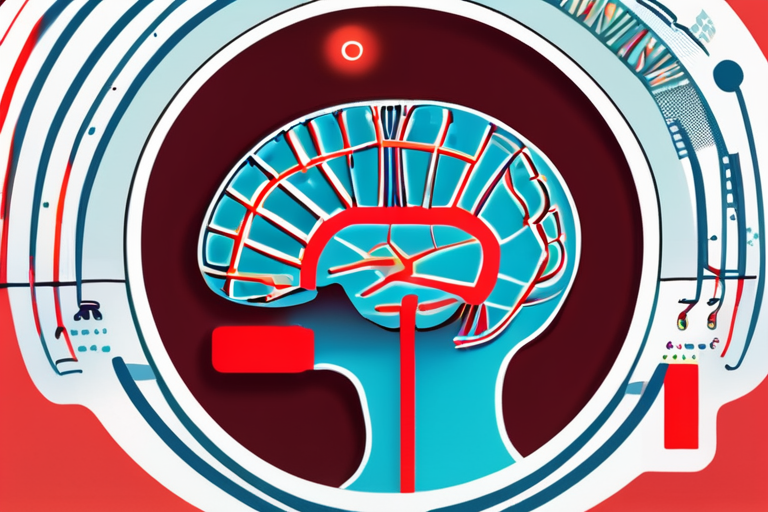
 Hoppi
Hoppi
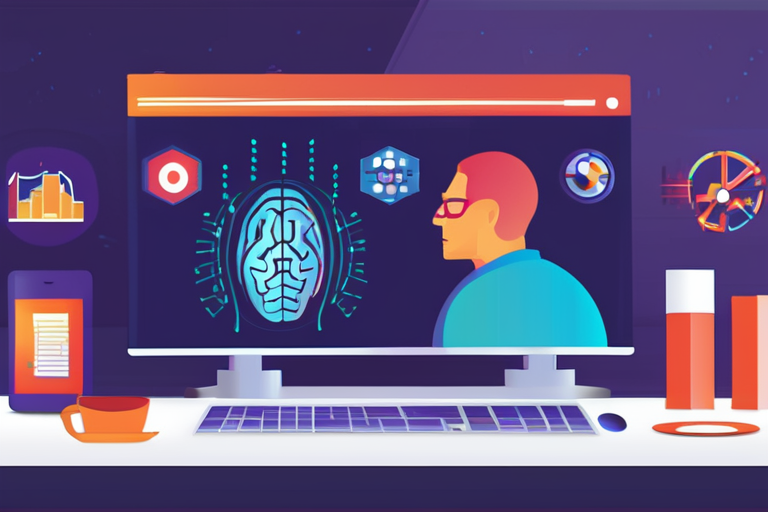
 Hoppi
Hoppi

MIT Study Reveals AI-Induced Reduction in Brain Activity A groundbreaking study conducted by researchers at the Massachusetts Institute of Technology …

Hoppi

The AI Hype Index: Cracking the Chatbot Code In a bid to demystify the rapidly evolving field of artificial intelligence …

Hoppi

MIT Study Reveals AI-Induced Reduction in Brain Activity A recent study conducted by researchers at the Massachusetts Institute of Technology …

Hoppi

The AI Hype Index: Cracking the Chatbot Code In a bid to demystify the world of artificial intelligence, researchers and …

Hoppi

MIT Study Reveals AI-Induced Reduction in Brain Activity A groundbreaking study conducted by researchers at the Massachusetts Institute of Technology …

Hoppi

MIT Study Reveals AI-Induced Reduction in Brain Activity A recent study conducted by researchers at the Massachusetts Institute of Technology …

Hoppi